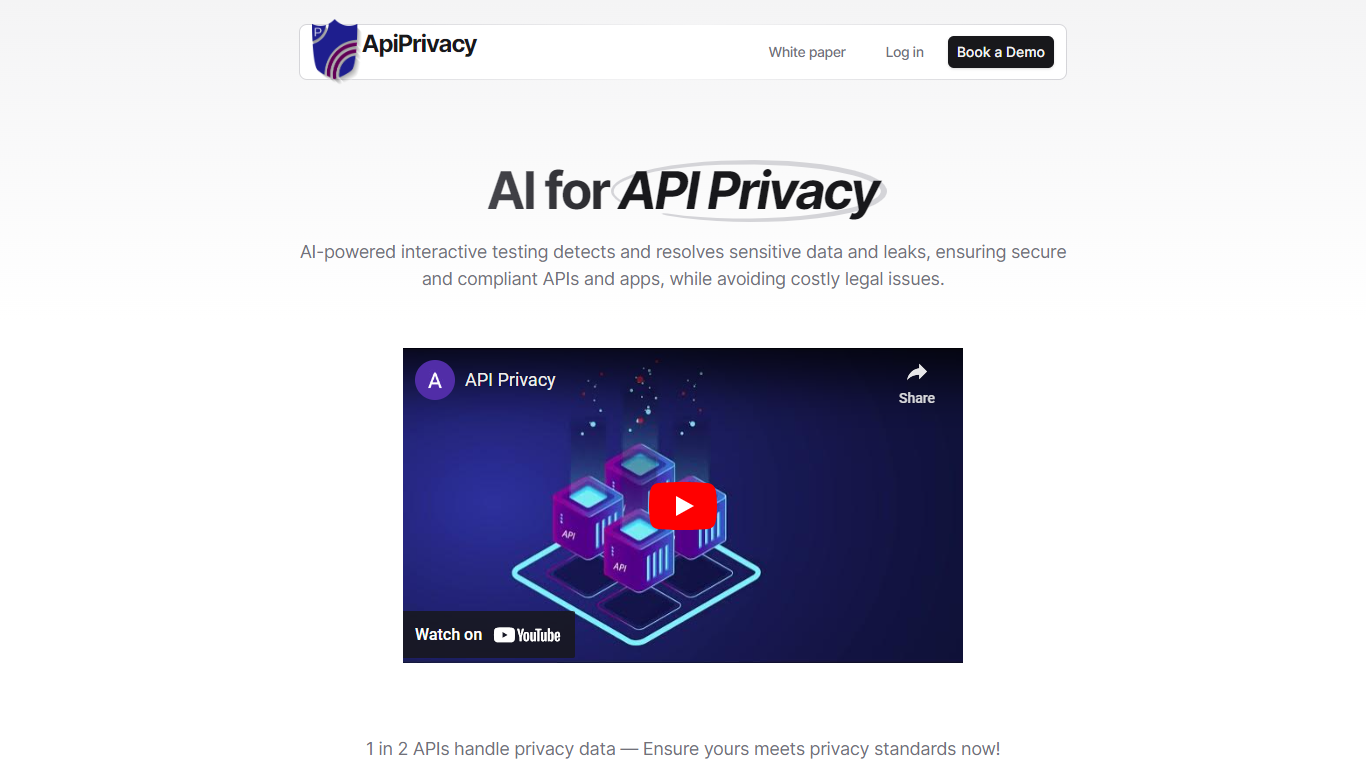
Last updated 10-23-2025
Category:
Reviews:
Join thousands of AI enthusiasts in the World of AI!
API Privacy
API Privacy is a crucial aspect of software development, focusing on the secure exchange of data between systems. In today’s digital world, APIs (Application Programming Interfaces) act as the intermediaries allowing different software applications to communicate with each other. Consequently, ensuring API privacy is paramount to protect sensitive information from unauthorized access and breaches.
Effective API Privacy management helps maintain the confidentiality, integrity, and availability of data. It involves implementing security measures such as encryption, access controls, and regular security audits. These measures safeguard APIs from common threats like hacking attempts, data leaks, and abuse.
For developers and businesses, prioritizing API Privacy is essential for compliance with data protection regulations and for maintaining the trust of users and clients. A robust API Privacy policy can also prevent potential financial and reputational damages associated with data breaches.
By understanding and implementing API Privacy best practices, organizations can protect their data ecosystem, foster secure growth, and ensure a trustworthy digital environment for all stakeholders.
Robust Security: Incorporate advanced security protocols to protect data transmitted via APIs.
Access Control: Establish fine-grained access controls to ensure that only authorized entities can interact with your APIs.
Compliance Adherence: Designed to help organizations meet regulatory compliance requirements for data privacy.
Regular Audits: Perform regular security audits to detect and mitigate vulnerabilities within the API infrastructure.
Best Practices: A comprehensive guide to API Privacy best practices for developers and businesses to follow.
